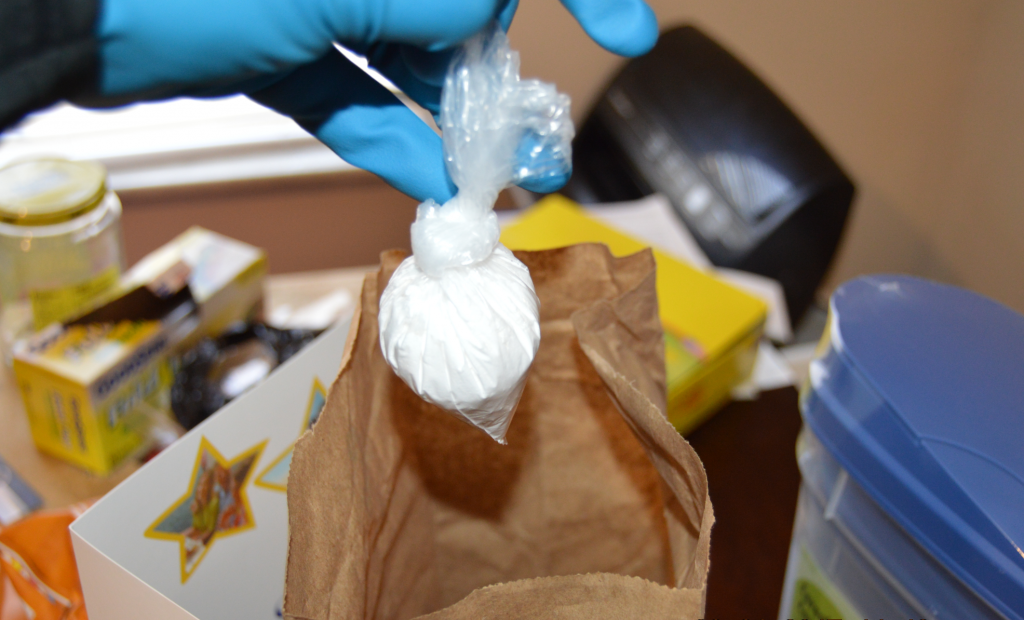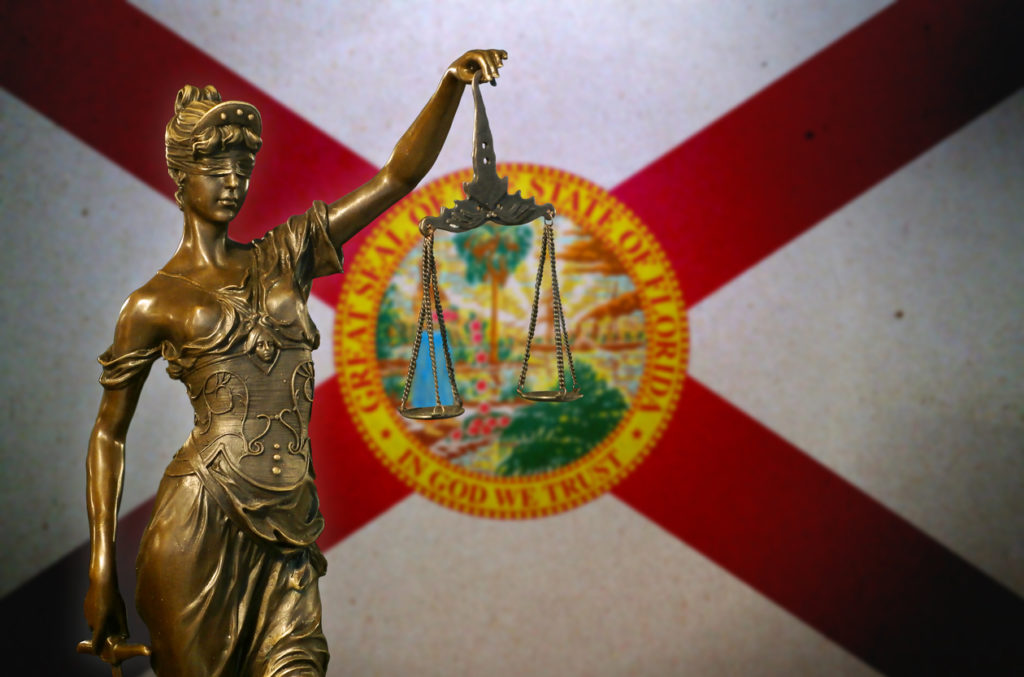Have You Been Charged with a Third Degree in Florida?
If you have been accused of a third-degree felony in Florida, there’s a lot at stake. That’s because the penalties for third degree felonies in Florida can be severe. Third degree felony charges can have a lasting impact on a person’s life, so you need to hire an experienced criminal defense attorney who can provide you with the best possible representation.
What is a Florida third degree felony?
Under Florida law, crimes are classified according to the maximum sentence possible under Florida law.
A third-degree felony in Florida is an offense punishable by up to 5 years in prison, a $5000 fine, and 5 years of probation.
What are some examples of third-degree felonies in Florida?

One commonly charged Florida third degree felony is grand theft, which applies when the value of the property stolen is greater than $750 but less than $20,000. Other examples of Florida third degree felonies are felony battery, a third time DUI which took place within 10 years of a prior DUI conviction, aggravated assault, possession of cocaine, carrying a concealed firearm without a license, resisting a law enforcement officer with violence, leaving the scene of an accident resulting in an injury, possession with intent to sell cannabis, and battery on a law enforcement officer.
Can a Florida misdemeanor offense be charged as a Florida third-degree felony?
There are certain offenses in Florida that if committed more than once, can lead to a felony charge. For example, if a person has previously pleaded guilty or no contest to a misdemeanor battery charge, and then later that same person is arrested again for misdemeanor battery, pursuant to Florida statute 784.03, the prosecutor can charge that new battery as a third degree felony.
Can a Florida judge withhold adjudication for a third-degree felony?
A withhold of adjudication is a type of sentence in which a judge sentences a defendant to probation but does not formally convict the defendant of a criminal offense.
A withhold of adjudication is not a conviction. Therefore, the defendant does not suffer the consequences of a conviction of a criminal case, such as the loss of the right to possess of firearm. If an individual is adjudicated guilty of a third-degree felony and they later possess of firearm, they can be charged with felon in possession of a firearm.
Also, if the judge withholds adjudication on a third degree felony, it may be possible for the defendant to later seal and eventually expunge the record of his or her arrest.
Pursuant to Florida Statute 775.08435, the general rule (which has some exceptions) is that a judge can withhold adjudication for a third-degree felony as long as that third degree felony is not a crime of domestic violence, and as long as the defendant does not have a prior withholding of adjudication for a felony.
If a person is convicted of a third-degree felony in Florida, what conditions of probation might they face?
As noted above, a defendant convicted of a third-degree felony in Florida faces up to five years on probation. While on probation, the defendant may be obligated to perform community service, submit to random drug testing, pay restitution to any victims, undergo counseling for substance abuse, have their freedom to travel restricted, be subject to searches of their home and person by a probation officer.
If a person is convicted of a third-degree felony in Florida, is it likely that they will go to prison?
It depends. When a person pleads guilty or no contest to a third-degree felony in Florida, the state prosecutor will prepare a Florida Criminal Punishment Code Scoresheet. Florida judges will review that scoresheet before imposing sentence.

The Florida Punishment code treats several third-degree felony offenses quite harshly, requiring prison sentences for those offenses.
The Florida Punishment code treats several third-degree felony offenses quite harshly, requiring prison sentences for those offenses. For example, DUI with serious bodily injury, practicing a health care profession without a license, and intimidation of a public officer or employee all may require mandatory minimum prison sentences.
Have you been charged with a third-degree felony in Tampa, Florida?
If you have been charged with a third-degree felony in Tampa, Florida, you need the best criminal defense attorney on your side. Attorney David C. Hardy is a former prosecutor that now represents people that are accused of Florida third degree felonies.
Attorney Hardy is Board Certified by the Florida Bar and the National Board of Trial Advocacy as an Expert in Criminal Trial Law. Contact Attorney Hardy for a free consultation.
Posted in Florida Criminal Defense
